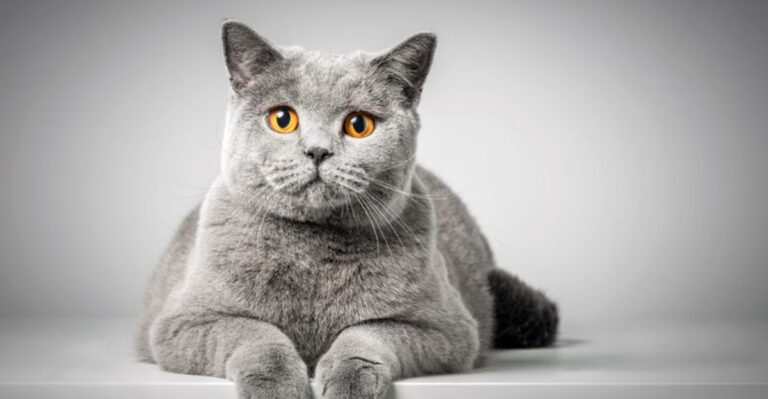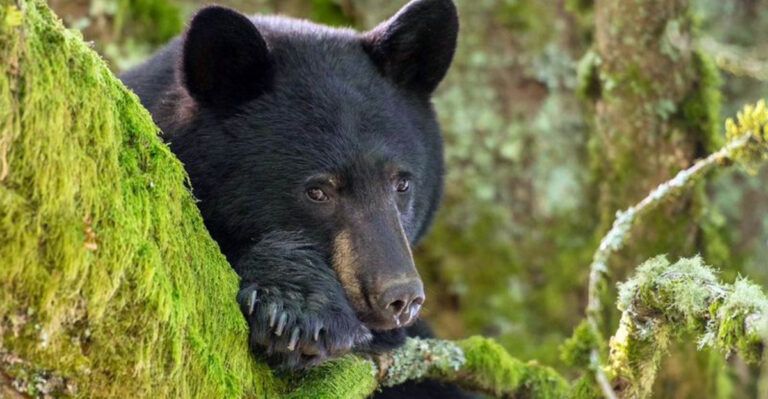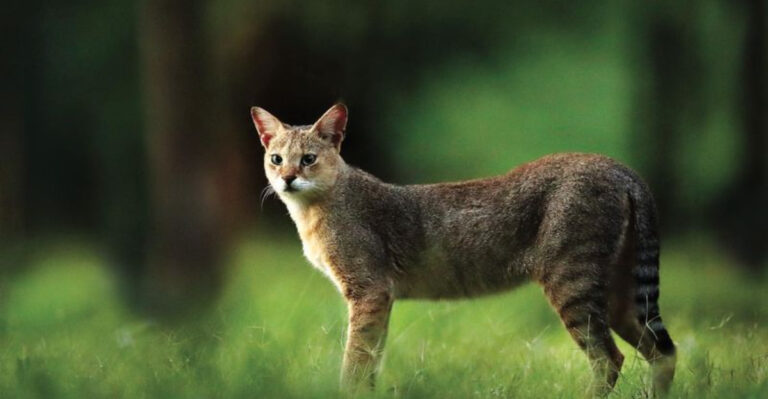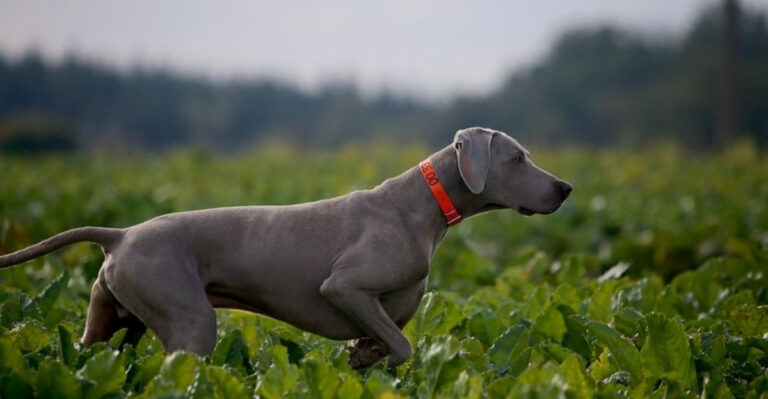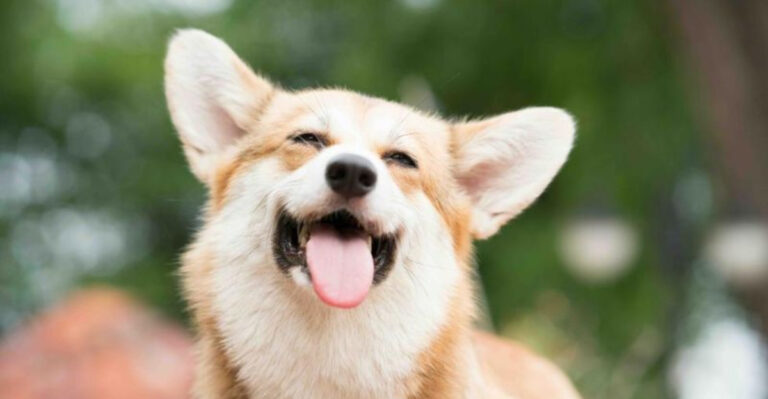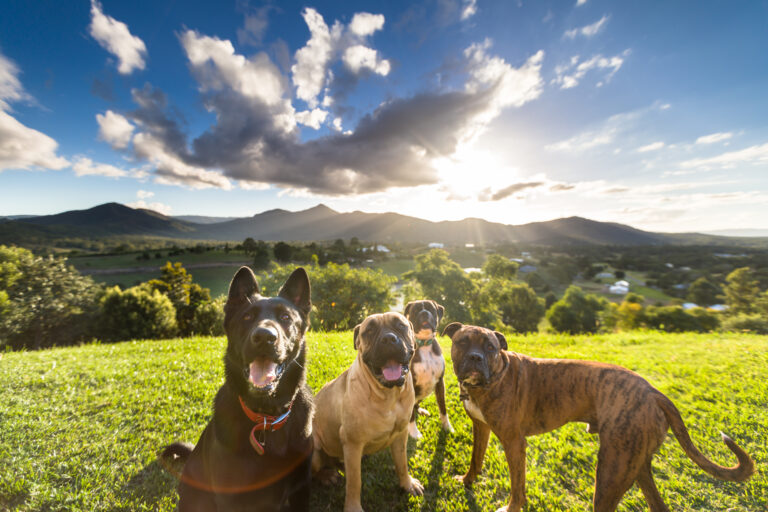Study Shows Animals Form Deep, Lasting Friendships Like We Do
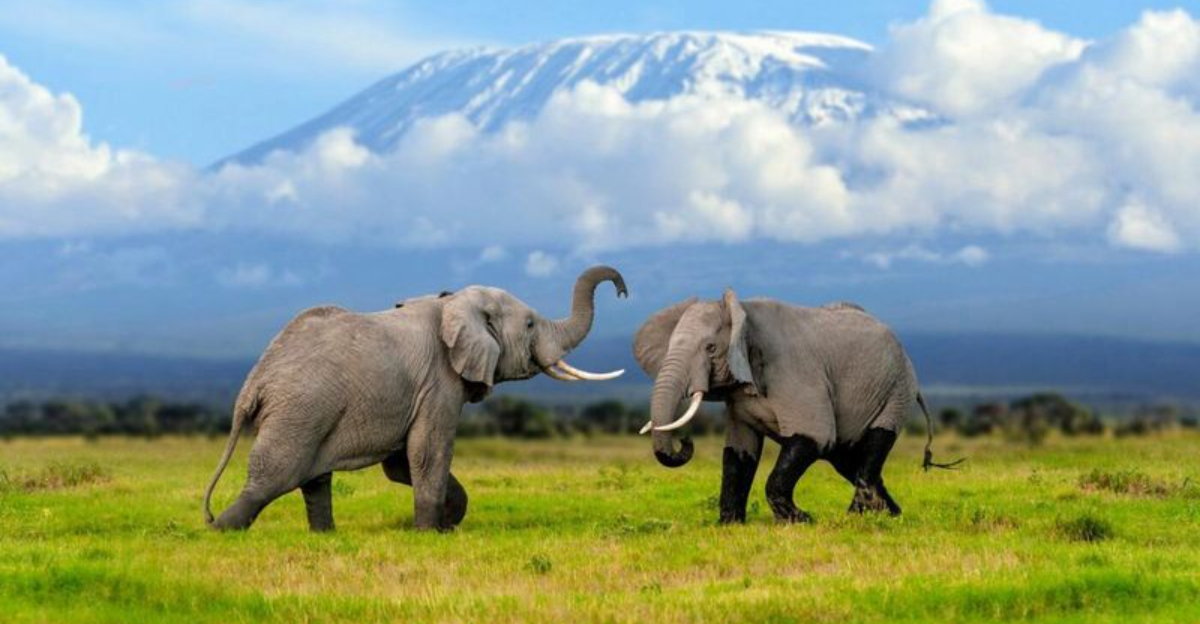
Animals aren’t just surviving in the wild – they’re building social networks that look surprisingly like our own. Recent studies reveal that many species form meaningful bonds that last for years, sharing food, offering protection, and even grieving when separated.
These animal friendships challenge our understanding of what it means to be social and suggest that the capacity for deep connection extends far beyond humans.
1. Friendship Across Species Boundaries
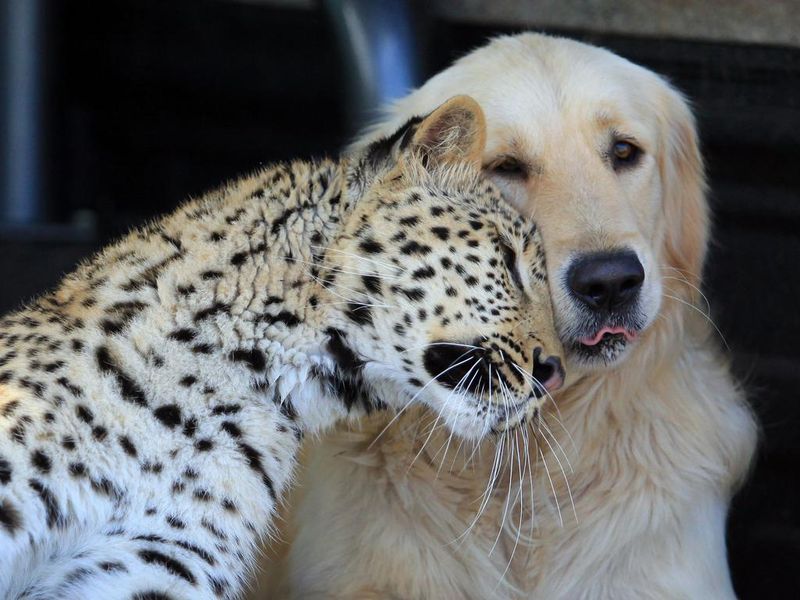
Unlikely animal pals aren’t just cute internet videos – they represent genuine cross-species bonds. Dogs and cats, elephants and goats, even predators and prey sometimes form connections that defy natural instincts.
Scientists believe these unusual friendships often develop in environments where animals are raised together from a young age, allowing natural barriers to dissolve.
2. Elephants Never Forget Their Friends
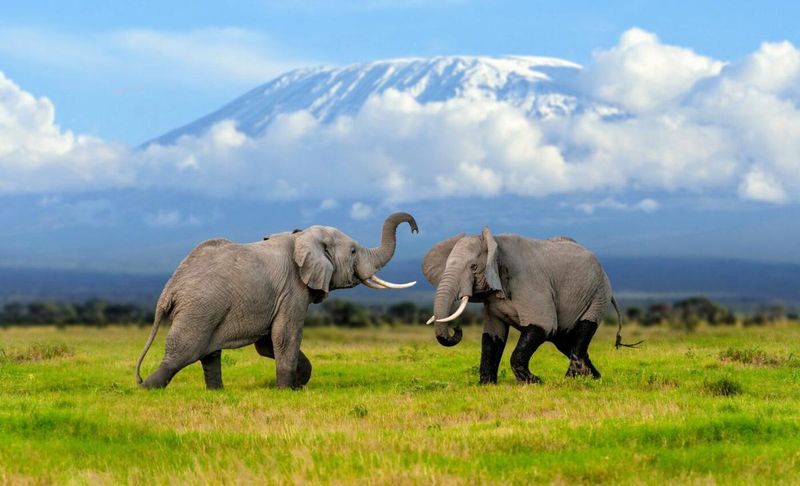
When elephant herds reunite after separation, they perform elaborate greeting ceremonies with trumpeting, ear-flapping, and trunk-touching. These joyful reunions happen even after years apart.
Female elephants maintain friendship networks for decades, remembering hundreds of individuals and their relationships. This remarkable social memory helps them navigate complex elephant society throughout their 70-year lifespan.
3. Dolphins Call Each Other By Name
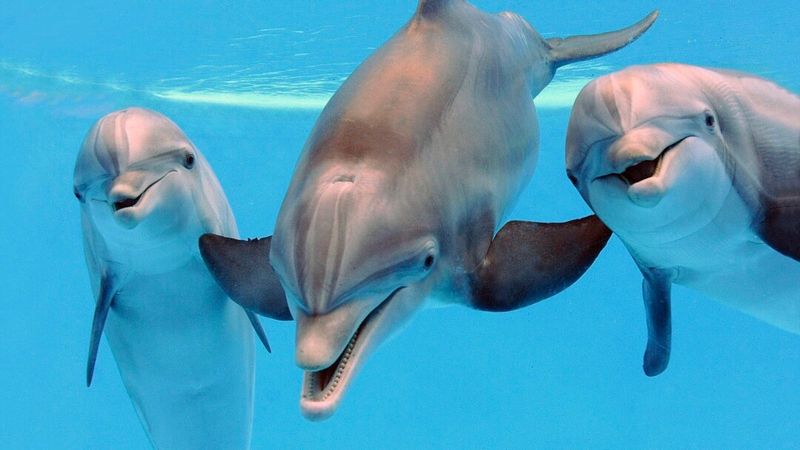
Got a bestie you call by nickname? Dolphins do too! Each dolphin develops a unique whistle that functions like a name, which friends use to call specific individuals in their pod.
Researchers discovered dolphins remember these signature whistles for decades. When they hear recordings of old companions, they actively respond, even after 20+ years of separation – proving their friendship bonds last a lifetime.
4. Ravens Form Teenage Gangs
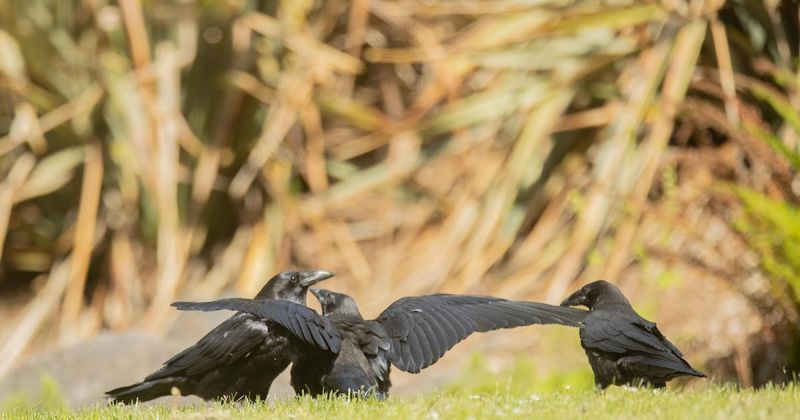
Before settling down with lifelong mates, young ravens go through a rebellious phase! They form dynamic friend groups of 30-40 birds where they play, explore, and share food discoveries.
These raven “gangs” develop complex social hierarchies with distinct friendships. Birds defend their buddies in conflicts and reconcile after fights – showing they value specific relationships over general group membership.
5. Horses Maintain Decades-Long Friendships
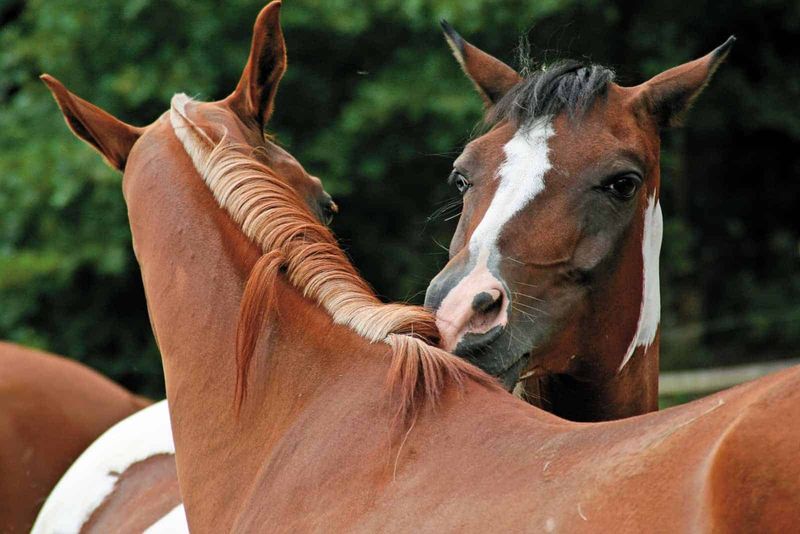
Watching horses in pastures reveals their clear preferences for specific companions. They’ll graze side-by-side, groom each other, and stand guard while their friend naps.
When separated, horses show visible signs of stress – pacing, whinnying, and even refusing food. Research shows these equine friendships can last 20+ years, with pairs immediately recognizing each other even after long separations.
6. Chimps Practice Social Politics
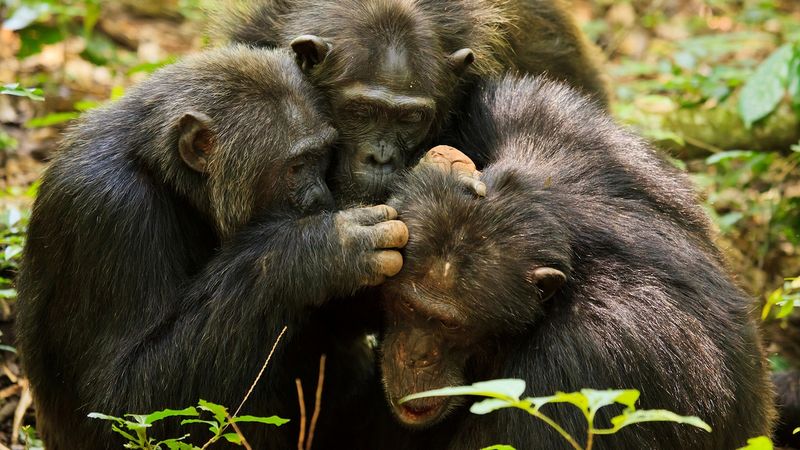
Chimpanzee friendships involve strategic alliances that would impress Machiavelli! They cultivate relationships through grooming, food sharing, and backing each other in conflicts.
Male chimps form particularly strong bonds, working together to climb social ladders. These friendships reduce stress hormones and improve health outcomes, suggesting emotional benefits similar to human relationships. Some chimp friendships last their entire 50-year lifespan.
7. Friendship As Survival Strategy
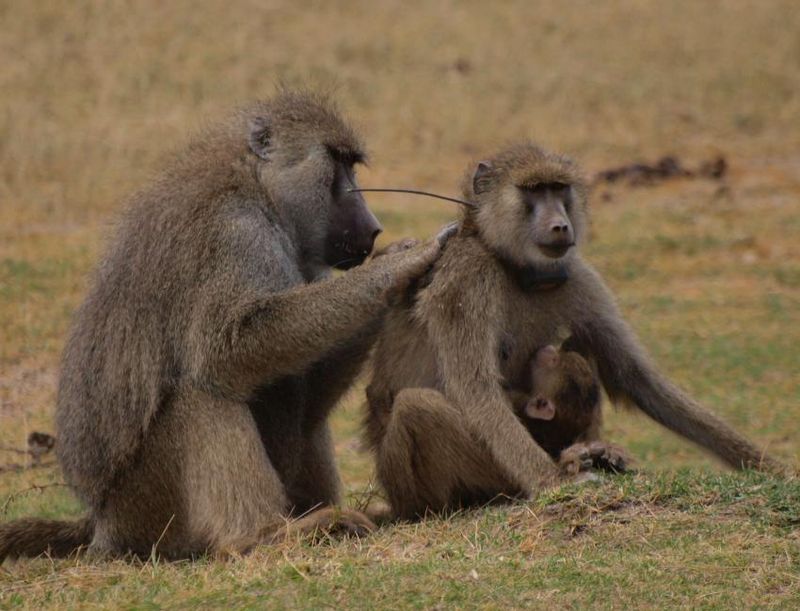
Hanging with friends isn’t just fun – it’s life-saving! Animals with strong social bonds live longer across numerous species. Baboons with stable friendships show lower stress hormones and better wound healing.
For meerkats and prairie dogs, friendships provide extra eyes watching for predators. Among wild horses, socially connected mares produce healthier foals with better survival rates, showing friendship benefits extend to the next generation.
8. Friends Who Grieve Together
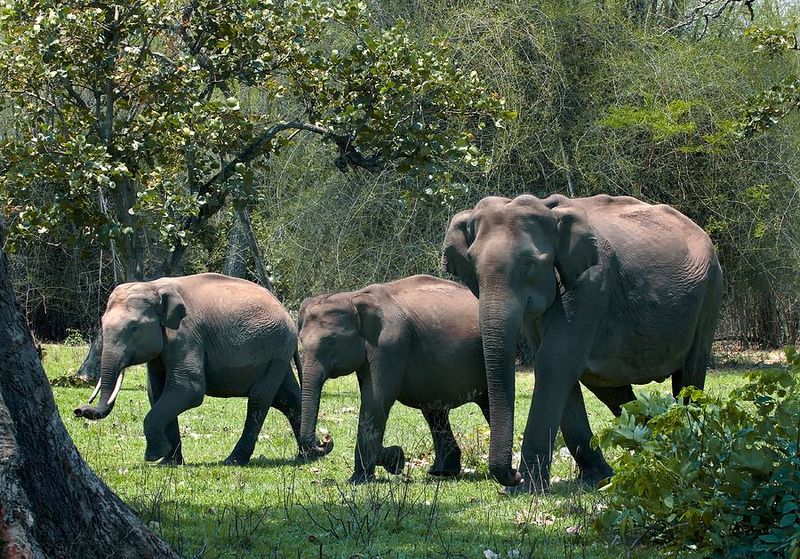
When an elephant dies, herd members gather around the body, touching it gently with their trunks. They’ll revisit the bones for years, showing what scientists recognize as mourning behavior.
Dolphins carry their dead calves for days, while chimps become withdrawn after losing close companions. These grief responses suggest animals form attachments deep enough to cause emotional pain when broken – a hallmark of true friendship.
9. Corvids Exchange Gifts With Friends
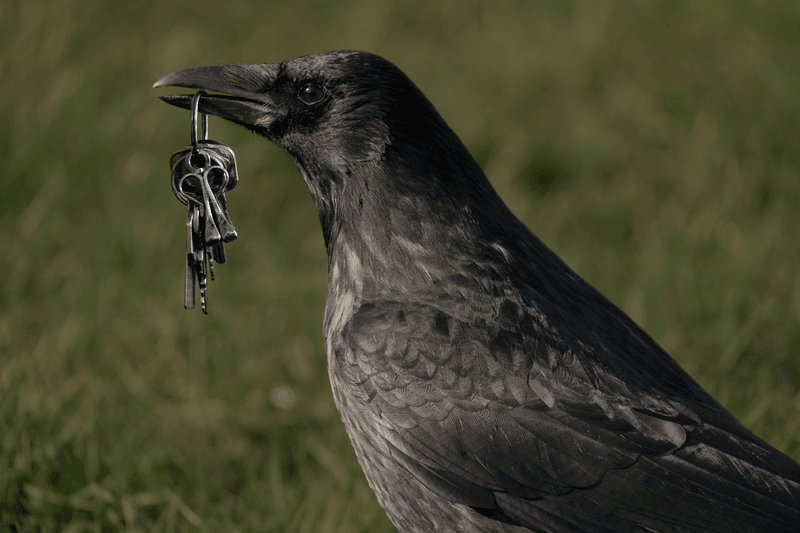
Ever had a friend bring you a surprise gift? Crows and ravens do this too! They present shiny objects, food items, and even handcrafted toys to specific individuals they’ve bonded with.
One famous case involved a young girl who fed local crows. The birds began bringing her treasures – earrings, buttons, and colorful glass – specifically chosen and delivered to her. These gift exchanges strengthen social bonds in these highly intelligent birds.
10. Parrots Choose Best Friends
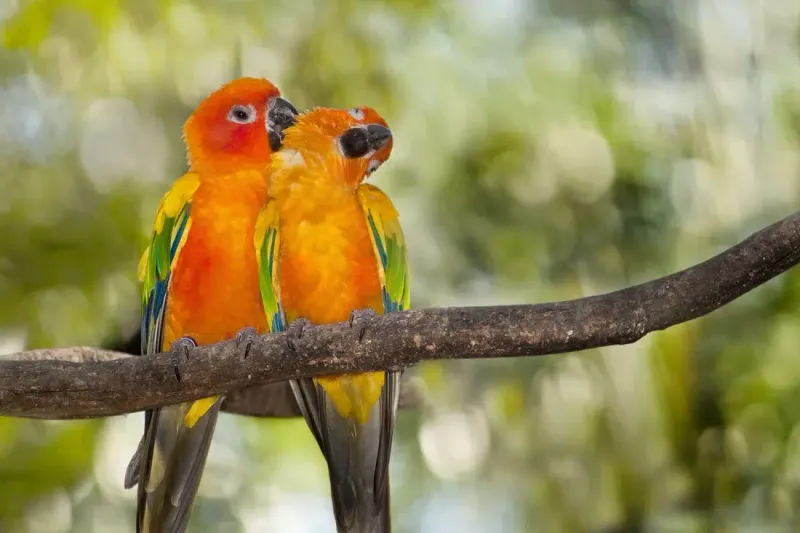
Squawk about friendship goals! Parrots form intense, selective bonds both in the wild and captivity. They’ll share food only with their besties and become distressed when separated.
Researchers discovered parrots have distinct “friendship calls” used exclusively with their closest companions. In captivity, these birds remember friends for decades, immediately recognizing their calls even after years apart – proving parrot pals are forever.
11. Friendship Networks In Whales
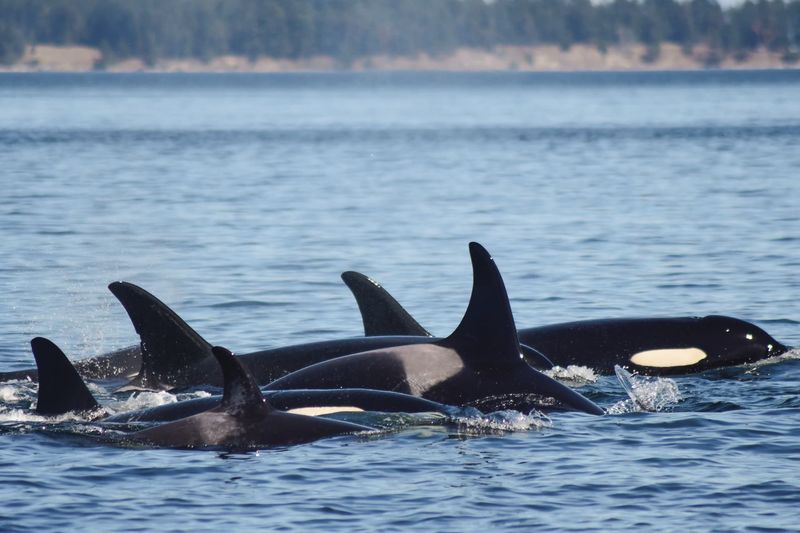
Sperm whales organize into clans with distinct cultures and dialects. Within these groups, individuals form special friendships, swimming synchronously and babysitting each other’s calves.
Female orcas maintain lifelong bonds with their mothers and siblings. Remarkably, different orca pods develop unique greeting ceremonies when friendly groups meet at sea – complete with synchronized jumping, rolling, and vocalizations that researchers compare to cultural celebrations.
12. Friendship Changes Animal Nrains
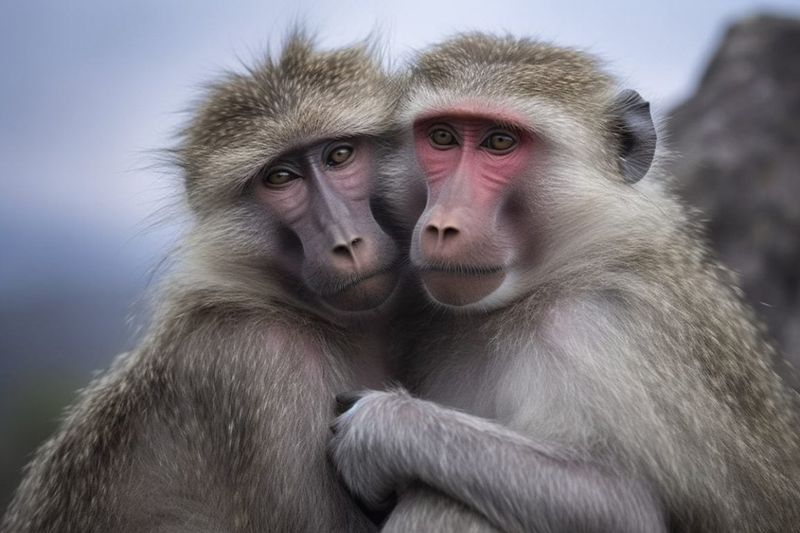
Social connections literally reshape animal brains! Studies show that monkeys raised with friends develop larger prefrontal cortexes – the brain region handling social decisions and emotional regulation.
Fish raised in social groups grow more neurons in regions processing social information. Even more surprising, prairie voles (small rodents famous for monogamy) show activation in the same brain regions humans do when near their preferred partners.
13. Friends Recognize Each Other’s Voices
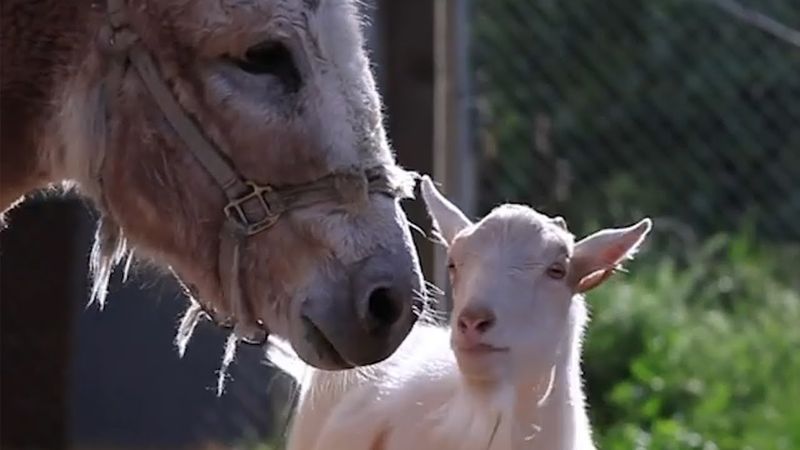
Just like you’d recognize your bestie’s voice in a crowded room, animals identify their friends through unique vocalizations. Horses whinny differently to preferred companions, showing genuine excitement at their approach.
Goats can distinguish between calls of close friends versus casual acquaintances years after last hearing them. This voice recognition helps maintain long-term social bonds even when groups temporarily separate during seasonal migrations or resource searches.
14. Friendship Requires Reconciliation Skills
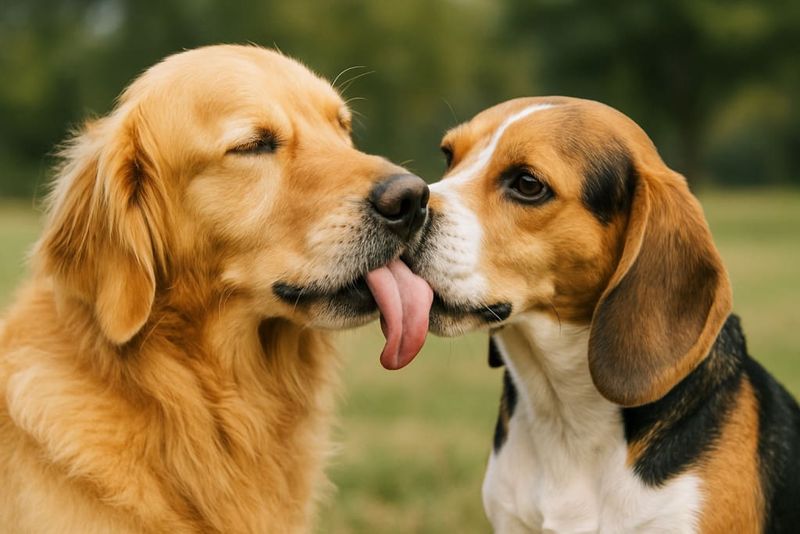
Ever had a fight with a friend and made up? Animals do this too! Chimpanzees hug and kiss after conflicts, while wolves lick each other’s faces to restore harmony.
Scientists call this “reconciliation behavior,” and it’s crucial for maintaining long-term bonds. Species with the most complex friendships also show the most sophisticated reconciliation rituals – suggesting that knowing how to repair relationships might be as important as forming them.

